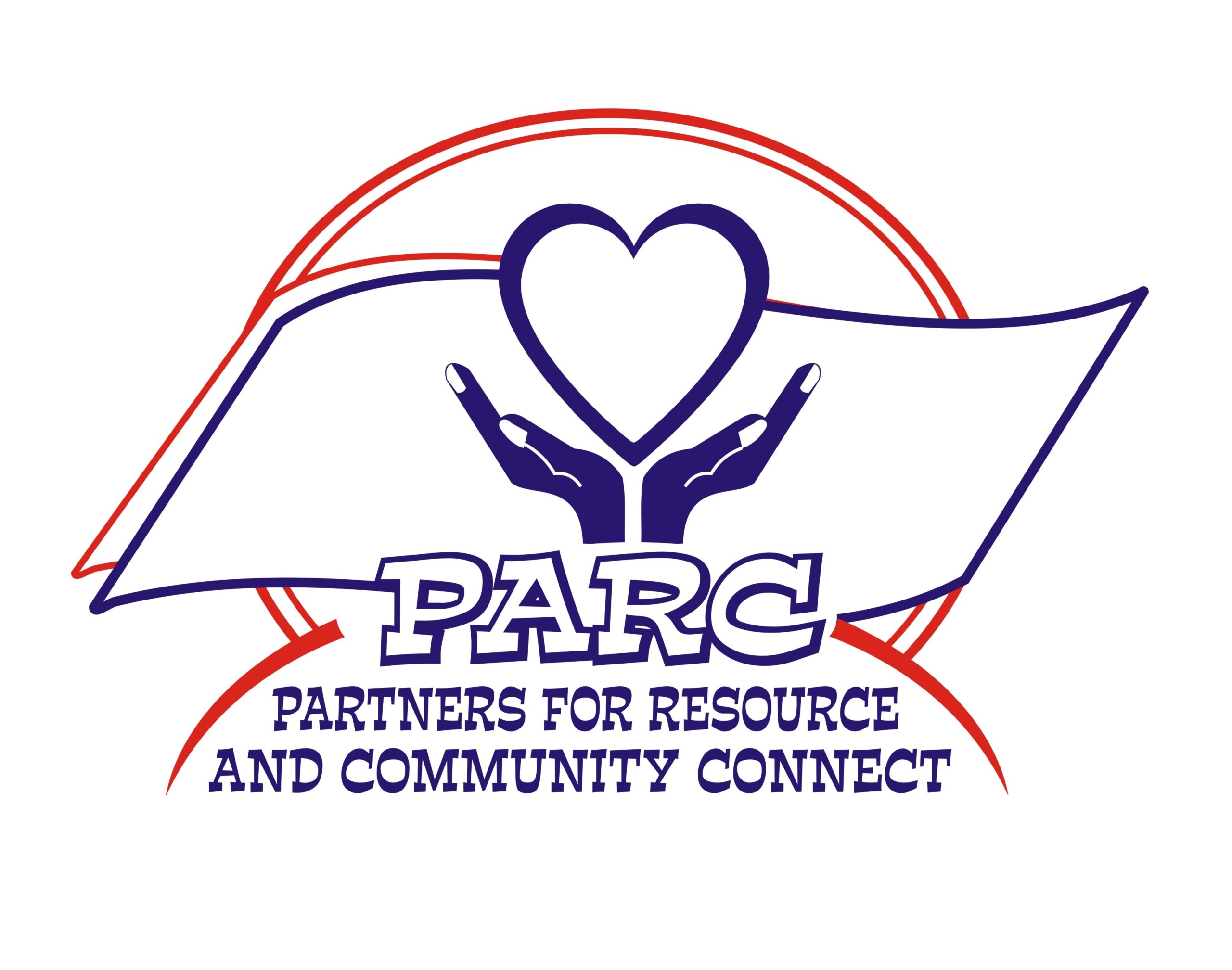PARC operates and manage its own schools (daycare, pre-schools, primary school, and secondary school) such that when our children graduate from nursery school they can join primary school and when they graduate from primary school they can move on to secondary school to ensure that they remain under our care as we continue to monitor, mentor, and support them through all our integrated programs. These schools also double to also provide after school tutoring (AST) centres, functional adult literacy (FAL) centres, and local hub for the community (children, teachers and parents). Through these schools, orphans get FREE education while other needy children get SUBSIDIZED education. As part of community involvement and sustainability, parents of non vulnerable children (those not on PARC program), pay a small amount towards their children’s education. This amount is affordable, and encourages ownership, yet demonstrating that education is valuable.
Why invest in our own schools?
Day Care and Nursery Schools
SHINE PREPARATORY SCHOOL
With help of international volunteers in 2016, we started paying school fees for 12 children attending different local schools. Besides challenges to monitor and supervise the attendances and progress of our children in different schools, we started getting several applications from families caring for orphans, yet having many other children to cater for – we had limited resources against a huge demand from the community. With grant support in 2017, we implemented an after-school tutoring program to improve children’s academic performance. This program brought together many children from different schools (in the same classes) but at different levels of learning. The need to overcome supervision and monitoring of our sponsored children at different schools, coupled with a desire to help more orphaned children and address low-quality teaching and enhancing quality learning in primary school gave birth to the Shine Preparatory school (SPS).
What is PARC’s school?
Started in 2018 on PARC’s own land, Shine Preparatory School (SPS) is a private mixed, day nursery and primary school. We adopt interactive child-friendly learning methodologies to provide education services using the Ugandan curriculum blended with globally proven Aflatoon curriculum (social & financial education to children) in addition to extracurricular activities. We emphasize learning through play, critical thinking, and creativity – preparing our students not only to succeed academically but also to become leaders and advocates for change in their homes and communities.
The school caters to all our sponsored children, who are joined by other children from the surrounding communities. Unlike many private schools in Uganda, at SPS the vulnerable children have fees waived off – orphans don’t pay any fees (FREE education) while other at-risk children pay half of the school fees (SUBSIDIZED education). All other children pay affordable school fees that cover only a small percentage of the instructional expense but produce a strong family commitment to education.
As of 2020 when schools were shut due to COVID-19, we had enrolled 210 children. We know how important it is for a child to be motivated and to be able to concentrate in class and to ensure the children perform at their best, PARC provides them with break porridge and non-meal every day. Children also get free all the necessary stationery (pens and pencils FREELY). Our teachers are committed to unlocking the potential of every child that comes through Shine doors so they can become the country’s next generation of leaders.
PARC SECONDARY SCHOOL
Upon graduation from SPS, each child would go to a secondary school of their choice but because we are uncertain of the funding (particularly for PARC’s supported children), we prefer that they continue and complete schooling through PARC schools. To achieve this, we plan to start a secondary school in 2023 (although the IMPACT OF COVID may slightly affect this!), with 1 class (senior one). Each year, we will have another class added to accommodate students promoted to the next class as well as create space for students entering secondary school – qualifying from SPS and other surrounding schools.
Why start a secondary school?
Using an innovative model of using fee-paying children to subsidize the school operation costs, PARC is providing over 50 orphans with completely FREE primary education – children without sponsors. In addition, we continue to oversee our children’s development, including counseling and medical care. Without a secondary or high school education, girls are more likely to marry while young, run away to the city to get a low-wage job, or become sex workers. Boys also end up working low-paying jobs and never escape the cycle of poverty.
An important part of our mission is to ensure that children reach their potential by going to secondary and high school. A strong education is our greatest hope for our children to begin envisioning a life beyond orphan-hood. As our children will be graduating from SPS in 2022, the need for a secondary school will become very clear if these orphans must continue with their education in 2023.
Because there is no secondary school in the community children have to travel far from home to attend secondary school. If our students are able to remain at home, they can help their parents with household chores and stay in their own community where they will be surrounded by the positive influences of their family and the PARC team. Children who have been orphaned face barriers that other children don’t. PARC is better equipped to help these students overcome those barriers than other secondary schools because we have years of experience working with orphans.
